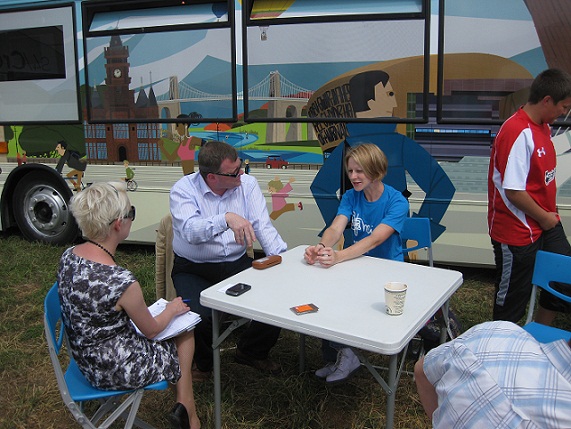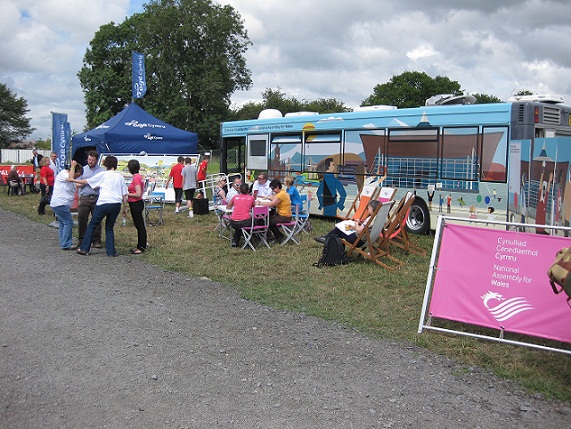Blog from the Chair of the Petitions Committee, William Powell AM, about the National Eisteddfod
15 August 201
1



